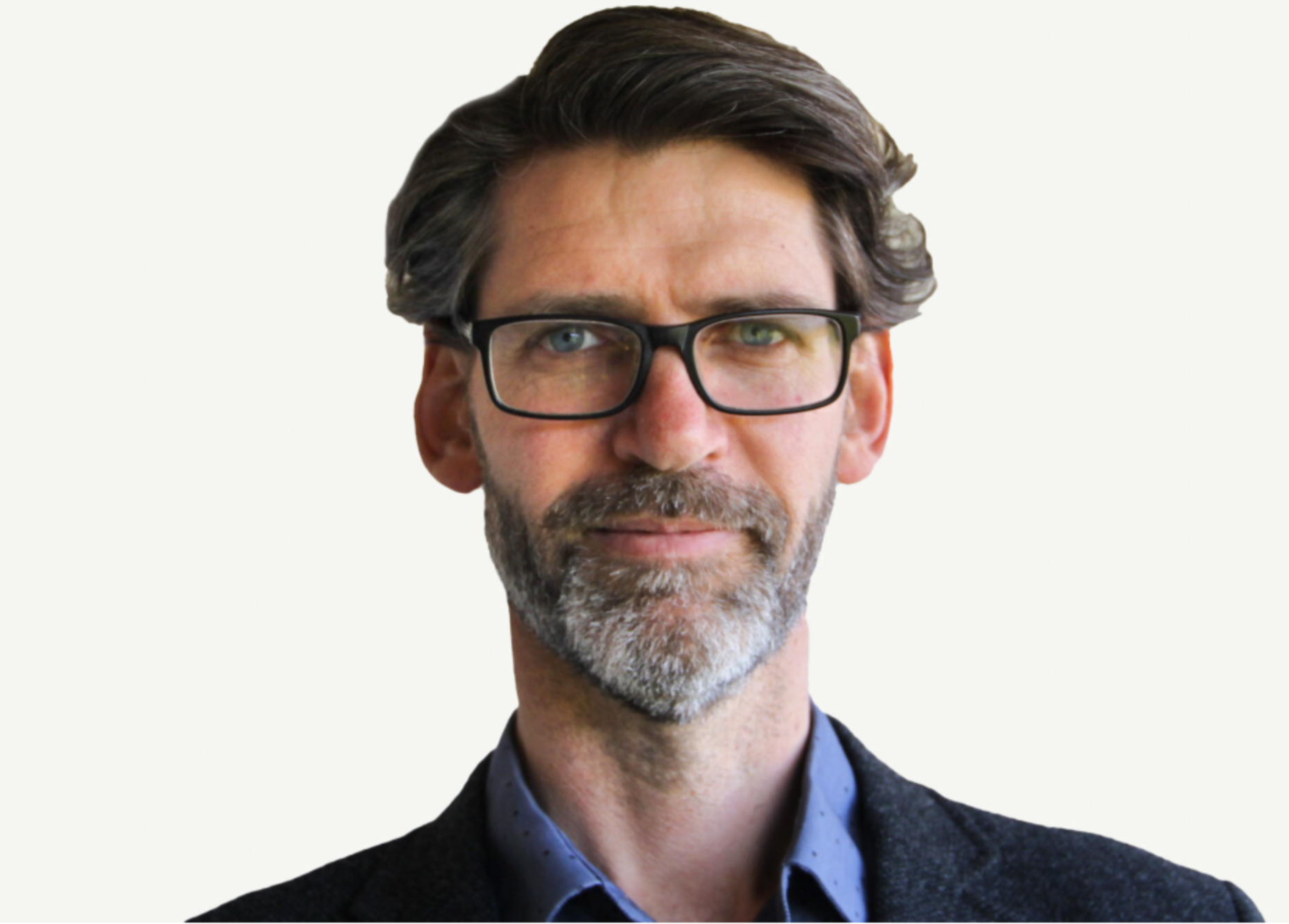We help you replace
old patterns with new skills
We train and supervise you in real time with turning new insights into new strong skills, capacities and competencies
“Old, established patterns do not change overnight, and new situations bring challenges that one may not have anticipated or prepared for. Training is required, as well as support and qualifying feedback, in order for insights to develop into actionable skills and well-integrated competencies.”
Training under direct supervision
It's a well known fact that acquiring new insights doesn't automatically translate into new abilities or opportunities for action. In reality, there's often a frustrating gap between what we know and what we feel capable of doing.
We know from many of our developmental programs that participants experience something new and transformative, particularly in relation to interpersonal dynamics. The collaborative skills within the group are strengthened, while one's own role and responsibility within the team’s dynamic become much clearer. This can also happen on a one-on-one level, where complicated or unnerving dialogues suddenly become accessible and productive.
The questions many clients are subsequently preoccupied with are: What did you do? and Why did you do it? Can we expect to create such enriching experiences and breakthroughs ourselves, or integrate them into our own practice in the future?
The honest answer is - No, it is rarely possible.
Old, established patterns do not change overnight, and new situations bring challenges that one may not have anticipated or prepared for. Training is required, as well as support and qualifying feedback, in order for insights to develop into actionable skills and well-integrated competencies.
The obvious environment to train in, in terms of acquiring process skills - such as adjusting interaction dynamics and promoting a developing community - is in meetings or conversations at one's own workplace, and with the people with whom one must cooperate. This makes training relevant, realistic, and developmental.
At re:lead, we are experienced in managing all aspects of this process:
From insight creation
training sessions through to feedback
reflectionand integration of these learnings.
Method
The method we use is called direct supervision.
It is a structured form of work, with clear agreements on roles, and focus for the work.
The supervisor has agreed in advance with the client, on what the focus of the work should be.
The 'direct' aspect involves the supervisor being present during the meeting and tasked with intervening, when necessary, to adjust the interaction, so that the participants immediately feel the effect of the change.
Direct supervision is self-help assistance in the sense that it is not the supervisor's primary task to offer solutions on the content side of what is being discussed.
Instead, the focus is on the processes that need to be developed so that the group can, through their own efforts, create successful processes and satisfying work, both in the present, and in the future.
FROM CONTENT
TO
CONTENT AND
PROCESS
Case Example
A leadership group has realized that their meetings often go in circles.
They do not clarify dilemmas, or differences of opinion. Too few participants actively contribute to the meetings, which is why decisions are not made or rest on an unclear basis. They experience the meetings as unproductive and frustrating, and the attempts they have already made to structure the meeting format have not led to any tangible change.
The group has decided to seek help - not for solving a specific issue, but for developing methods to conduct meetings in a new and more productive way. This requires their willingness to allow the supervisor to observe, and when necessary, intervene in one or more actual meetings. The meetings have two equally important focus areas: the content (i.e. what is discussed) and the processes (i.e. the group’s interactions, or the way in which things are discussed).
Prior to the meeting, the consultant and the client have together, discussed the challenges that the chairperson and group members have already identified: these challenges will form the focus of the consultant's attention. However, there may be dynamics and issues that the group members cannot identify themselves, and these "blind spots" can be discovered by the consultant with an external perspective.
re:lead's supervisor has 3 main tasks:
To help identify the patterns that create unproductive interactions.
To assist the meeting’s leader, or the entire group, in articulating the difficulties that arise along the way, and to help them find and try out new approaches.
To identify how everyone has opportunities to create a better dynamic, both for their own benefit and for the benefit of the whole group.
The point here is that, while it takes more than one person to create a pattern, it only takes one person to break it. Throughout the meeting, both the consultant and the participants have the ability to call a timeout, where the conversation is paused, and transparency is established regarding the dynamics that are otherwise affecting or controlling the interaction below the surface.
After the timeout, the meeting is resumed with a new focus, and continues until it becomes necessary to intervene again, create clarity, and point out new communication opportunities. This process is repeated as often as needed, throughout the duration of the meeting.
Finally, the consultant works together with the group to summarize the key points, with a view to how the group can continue the work independently.
Direct supervision is a demanding, yet rewarding form of work. Its strength lies in that it directly creates changes and highlights the potential for previously unknown methods to move forward, rather than working with hypotheses and theory.
When working as a group in this way, one typically experiences that trust for each other, and mutual understanding grows, and new forms of collaboration become possible. Direct supervision is an obvious follow-up to both group reviews and leadership development points that have been identified, for example through ITC work. Direct supervision can also be further supplemented with individual sparring/coaching to ensure that the new experiences are integrated as well as possible.







